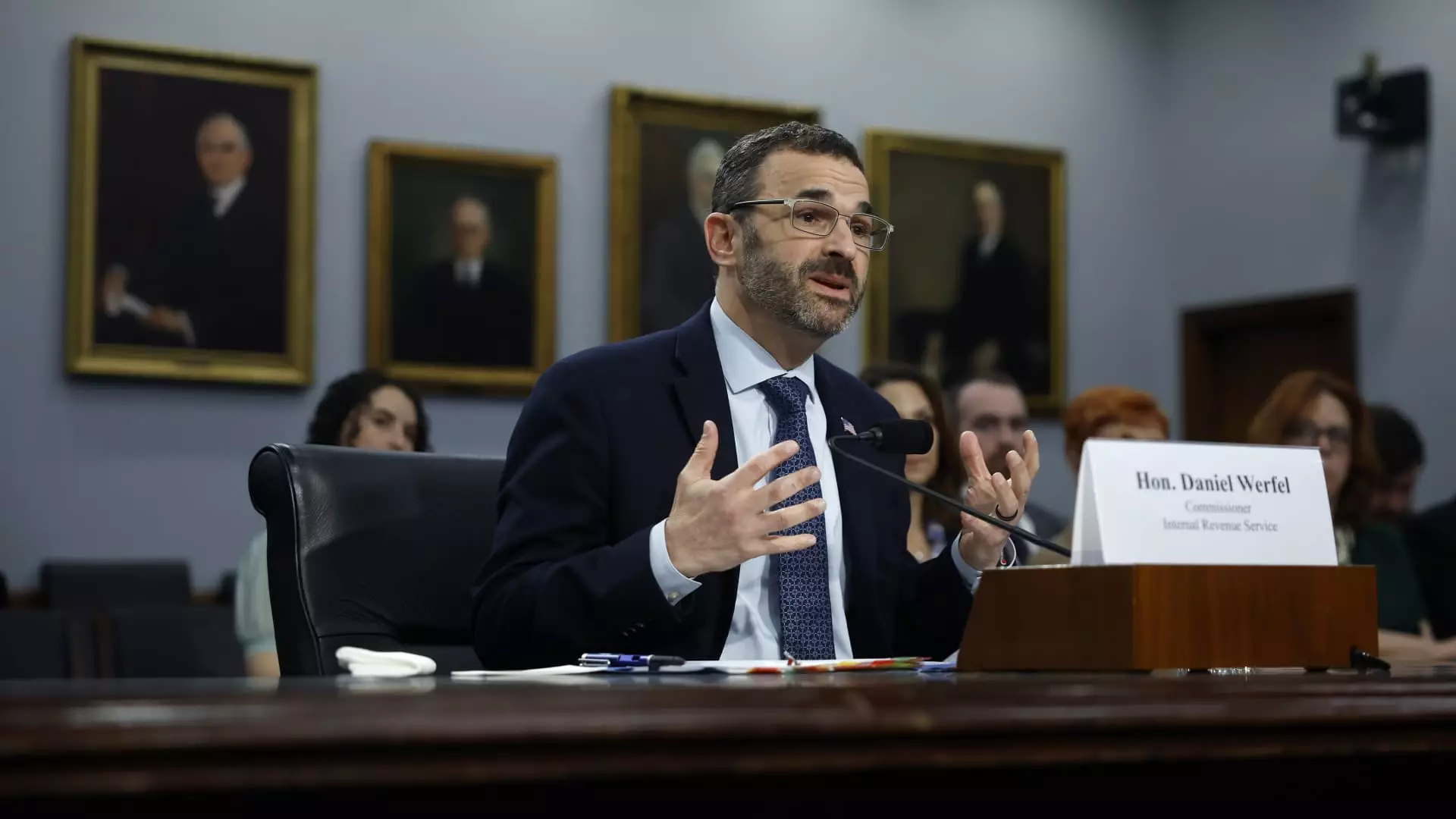The U.S. Department of the Treasury and the IRS recently revealed a significant achievement in collecting over $1 billion in tax debt from high-income individuals within the past year. This milestone was attributed to the IRS’s increased focus on scrutinizing individuals earning above $1 million annually with recognized tax debts of more than $250,000. Treasury Secretary Janet Yellen emphasized the success of this initiative during a press call, highlighting the agency’s ability to implement strategic programs that yield substantial returns on investment.
Following the allocation of substantial funding to the IRS, enabled by the Inflation Reduction Act in 2022, the agency has significantly enhanced its enforcement capabilities, technological advancements, and data analysis tools. This infusion of resources has the potential to generate an estimated $851 billion through 2034, according to projections made by the IRS and the Treasury. Despite these positive outcomes, congressional Republicans have raised concerns regarding the IRS’s expanded powers, criticizing the move towards targeting high-income taxpayers.
The audit rate for taxpayers earning $1 million or more witnessed a drastic decline in recent years, dropping to 0.7% in 2019 from 7.2% in 2011. This shift was attributed to budget constraints that limited the IRS’s ability to pursue high-income earners with outstanding tax liabilities. IRS Commissioner Danny Werfel highlighted the significant impact of the Inflation Reduction Act funding on enhancing tax compliance efforts, emphasizing the stark contrast in the agency’s efficiency before and after the allocation of resources.
Despite the IRS’s success in collecting tax debts from high-income individuals, challenges persist in maintaining compliance among this segment of taxpayers. Reports from the U.S. Government Accountability Office and the U.S. Treasury Inspector General for Tax Administration have scrutinized the audit process for high-earning filers, particularly highlighting an elevated no-change rate in audits. Commissioner Werfel addressed these concerns during the press call, emphasizing the agency’s commitment to eliminating zero-balance-due audits.
Looking ahead, the IRS aims to continue its efforts in closing tax loopholes and enhancing tax compliance measures, as evidenced by recent initiatives announced by the agency and the Treasury. Plans to crack down on large, complex partnerships are expected to generate an additional $50 billion in tax revenue over the next decade. Through sustained funding and strategic investments, the IRS remains committed to upholding tax fairness and ensuring that high-income individuals fulfill their tax obligations.

Leave a Reply